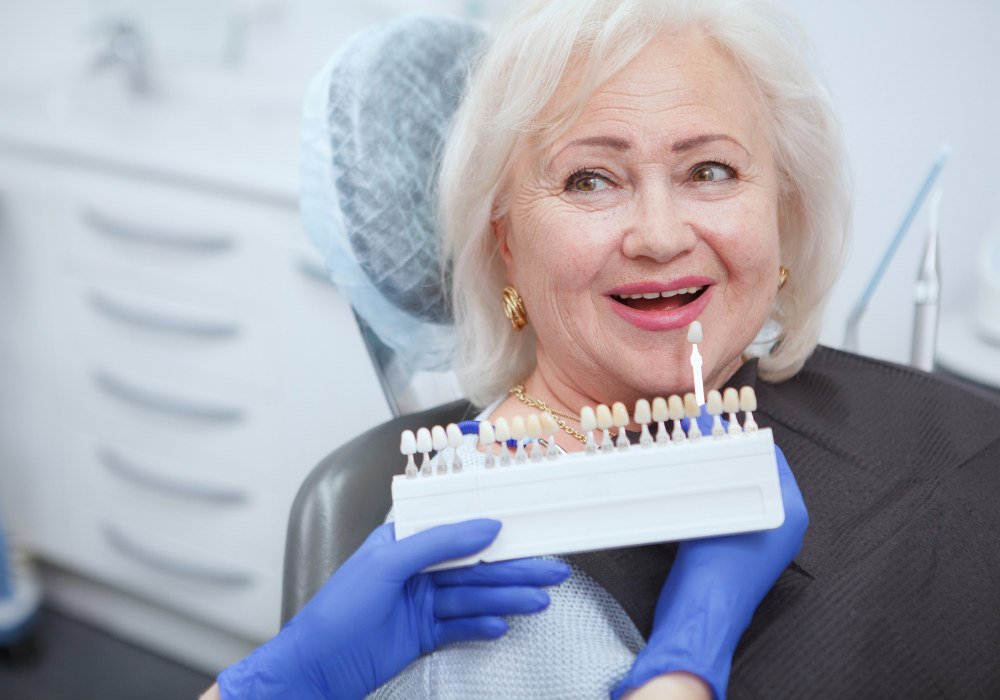Dental Myths: Why Baking Soda and Activated Charcoal Don’t Whiten Teeth?

Social media and online forums are overflowed with “natural hacks” for achieving a brighter smile at home. Baking soda and activated charcoal are two of the most often used do-it-yourself techniques; they are frequently marketed as low-cost, all-natural and efficient substitutes for professional teeth whitening.
But do these remedies actually whiten your teeth? And more importantly — are they safe?
This post will explain the true dangers of using baking soda and charcoal on a daily basis, as well as how they operate and why they don’t whiten teeth.
Myth 1: Baking Soda “removes stains and makes teeth whiter”
Sodium bicarbonate, sometimes known as baking soda, does have abrasive qualities. It can physically remove surface stains or soft plaque from tobacco, alcohol or coffee. Many individuals observe that their teeth appear somewhat brighter after the first use.
But here’s the truth: this is just an optical illusion, not true whitening.
- The dentin below determines the tooth’s real color, whereas baking soda has no effect on enamel.
- When enamel is worn away by constant baking soda rubbing, teeth become weaker, more sensitive, and more susceptible to cavities.
- Over time, teeth seem increasingly darker as the yellowish dentin becomes more apparent due to the thinning enamel.
In summary, baking soda is an abrasive rather than a whitener. Although it could give your teeth a short-term, clean appearance, it can cause significant harm over time.
Myth 2: Activated Charcoal “absorbs toxins” and whitens teeth
This myth is predicated on the well-established capacity of charcoal to absorb smells and poisons, but it just doesn’t apply to dental hygiene.
- Activated charcoal scrapes the enamel mechanically and has a very harsh texture.
- There are no active whitening chemicals in it that might dissolve enamel pigments and give white effect.
- No scientific research has shown that charcoal whitens teeth.
- Charcoal particles can really become lodged between gums and teeth, which can lead to inflammation or discomfort.
In summary: activated charcoal causes damage rather than whitening your teeth.
What Are the Risks of “Natural” whitening?
Enamel erosion
There is no regeneration of enamel. When enamel disappears, the underlying dentin shows through, resulting in teeth that are fragile, yellow and also dull.
Increased tooth sensitivity
You can feel discomfort from hot, cold or sweet meals and beverages after only a few weeks of “natural whitening.”
Higher risk of cavities
Bacteria can more easily reach thinner enamel, increasing the risk of infection, inflammation, or decay.
Aesthetic problems
You’ll probably wind up with uneven, matte, yellowish teeth instead of a whiter smile, which may be needed for more involved restorative procedures.
Safe Alternatives: How to Whiten Teeth Properly
Professionals use the safest and most efficient whitening techniques:
In-office whitening
Makes use of hydrogen peroxide gel that has been activated by a particular light. The process might take up to an hour and yields noticeable benefits right away.
In-office whitening
Personalized trays with a gel recommended by the dentist. Your dentist will oversee the gentle and secure whitening process.
Aesthetic restorations
Veneers, composite bonding, or internal whitening for teeth with root canal therapy are alternatives for severe discoloration or fissures.
Important: Without good dental hygiene and healthy habits, no toothpaste or technique can produce effects that persist and discomfort.
Conclusion
Charcoal and baking soda don’t actually whiten teeth. These chemicals damage enamel, increase sensitivity and also accelerate tooth decay while merely producing a fleeting appearance of cleanliness. You need to remember that whitening is a medical procedure that calls for a customised strategy and expert oversight.
At KClinics, we deliver risk-free, safe and efficient whitening procedures that maintain your enamel and give you a naturally radiant, long-lasting smile. Book your appointment today to see the perfect smile tomorrow.



